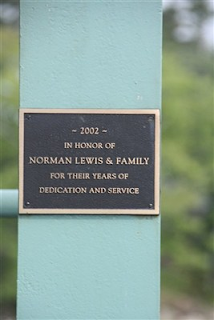This picture grabbed my attention. The “Dead End” contrast with the flowers
which always return each year. How can
such living beauty portend a dead end?
There’s no dead end in nature’s cycles of life. T.S. Eliot described it:
What we call the beginning is often the end.
And to make an end is to make a beginning.
The end is where we start from.
Sometimes we need to reach a dead end to find a new way. Think back.
How often did you hit a dead end and find it as a new beginning, the
place to start over?
There’s more than cycles of making
our dead ends into new beginnings. Something
ultimate about life itself…. Very truly, I tell you, unless a grain of wheat falls into the earth and dies, it remains
just a single grain; but if it dies, it bears much
fruit.” (John 12:24) Jesus used nature to point out the deeper truth in human nature. Some say that
he not only understood people this way. He had to live it himself—the very seed that
died and rose to new life.





































